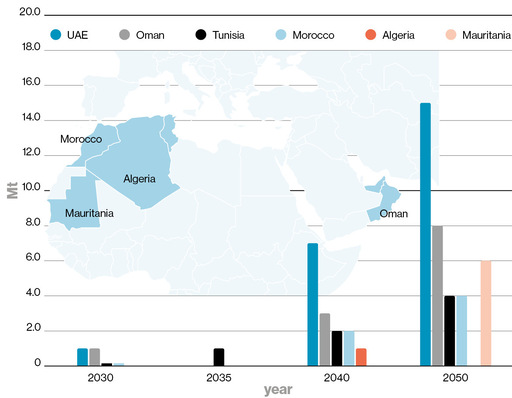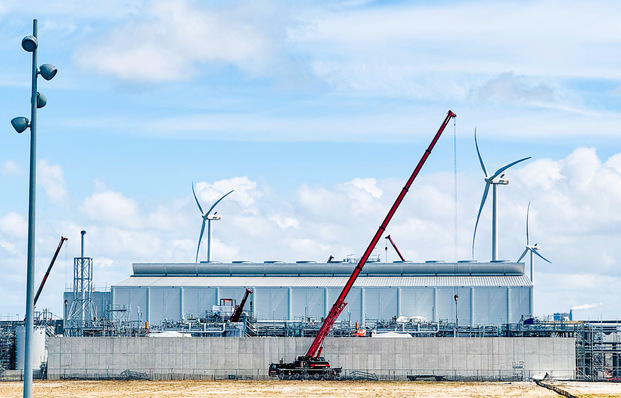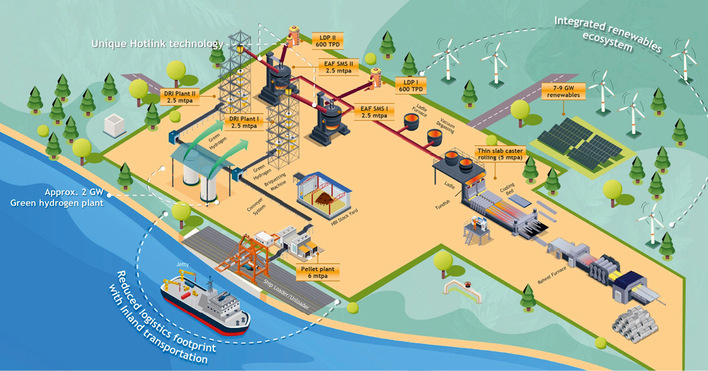The German Hydrogen Association (DWV) has evaluated the German federal government's draft bill for the national implementation of the EU Renewable Energy Directive RED III in the transport sector as an important step for the market ramp-up of green hydrogen. The association sees this as a positive signal for investors and companies, but criticizes what it considers to be an insufficient level of ambition.
"The binding introduction of an RFNBO sub-quota creates a predictable market framework for electricity-based fuels in the transport sector for the first time," says DWV board member Friederike Lassen. This provides planning certainty beyond the year 2030. RFNBO stands for Renewable Fuels of Non-Biological Origin, meaning renewable, non-biogenic fuels such as green hydrogen.
The DWV particularly welcomes the introduction of a binding RFNBO sub-quota, the continuation of the greenhouse gas reduction quota (GHG quota) until 2040, as well as its extension to aviation and shipping. Measures to prevent misuse, such as the exclusion of non-sustainable palm oil waste products, are also considered sensible.
Criticism of quota set too low
Despite this progress, the association sees significant need for improvement. The RFNBO quota of 1.5 percent by 2030 envisaged in the draft is not sufficient to make the market ramp-up plannable and effective from an industrial policy perspective. The DWV therefore calls for an increase to at least 5 percent by 2030, combined with a graduated increase starting in the mid-2020s.
"The hydrogen economy needs clear signals well before 2030 to exploit its potential," says Lassen. Building electrolysis capacities, infrastructure, and applications along the entire value chain requires several years of lead time.
Additionally, the DWV recommends the introduction of a real GHG reduction quota of at least 40 percent by 2030 to shape the transformation of the transport sector in line with national climate targets.
The DWV, which has represented the interests of the hydrogen industry in Germany for over 20 years, announced that it would constructively contribute to the further development of the RED III implementation. It is currently coordinating internally with its members – over 160 institutions and companies as well as more than 400 individuals – in preparation for the upcoming association hearing.
The DWV's goal is to promote a sustainable hydrogen market economy along the entire value chain.






